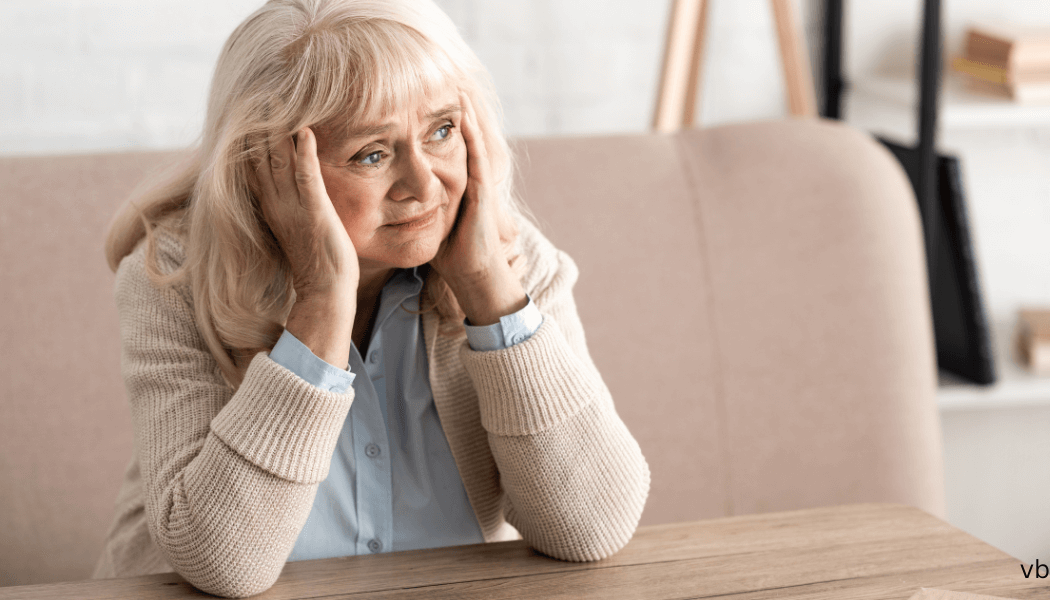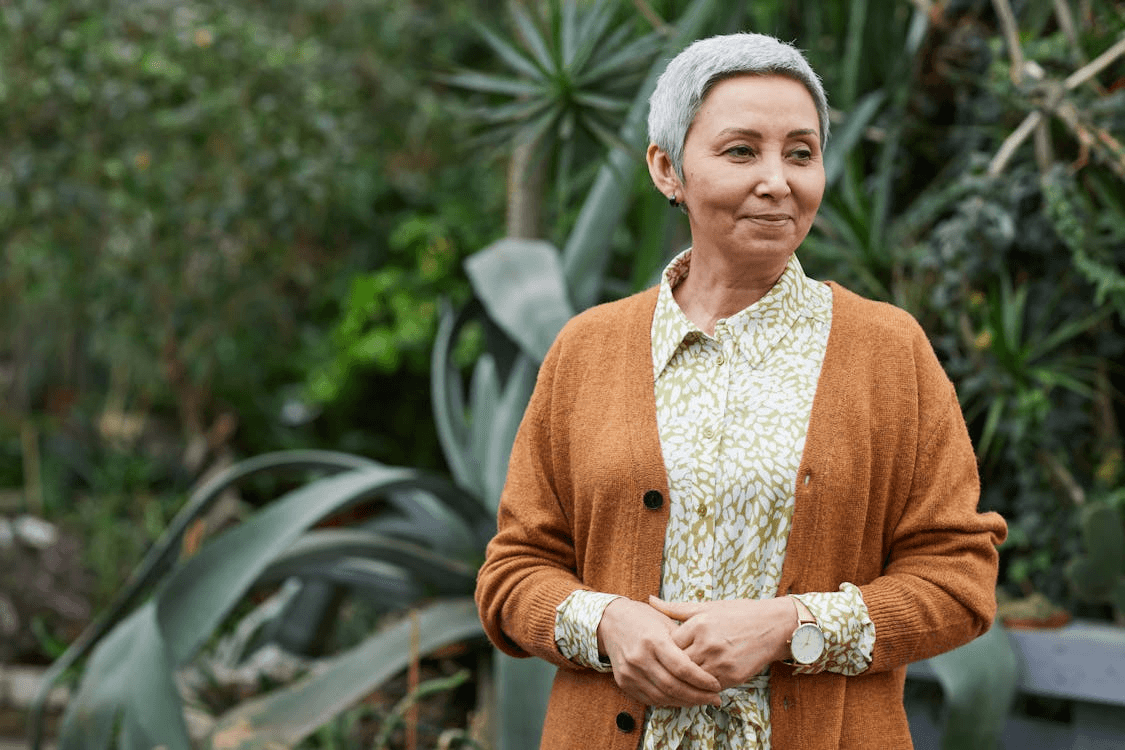Incontinence And How It Affects The Elderly

Understanding Elderly Incontinence
Incontinence among the elderly is a prevalent issue that affects millions of individuals worldwide. It refers to the involuntary leakage of urine or feces, which can significantly impact the quality of life and emotional well-being of those experiencing it.
What Incontinence Means for the Elderly
For many elderly individuals, incontinence can lead to a variety of challenges, both physical and emotional. The physical aspect of incontinence can cause discomfort, skin irritation, and other health-related issues if not managed properly. However, the emotional and psychological impacts are often more profound and can include feelings of embarrassment, isolation, and sadness.
Emotional Impact
-
Embarrassment: The fear of unexpected leakage in public or social settings can cause significant embarrassment. This may lead to avoidance of social interactions and activities, ultimately affecting an individual's social life and mental health.
-
Isolation: Many elderly individuals with incontinence may feel compelled to isolate themselves due to the fear of accidents, which can lead to loneliness and depression.
-
Sadness and Low Self-Esteem: Constant worry about incontinence can contribute to feelings of sadness and a decrease in self-esteem. Elderly individuals might feel as though they have lost control over their bodies, leading to frustration and anxiety.
Addressing the Needs of the Elderly
Recognizing and addressing the needs of elderly individuals dealing with incontinence is crucial. It is important to provide them with the necessary support and resources to manage their condition effectively.
Supportive Measures
-
Medical Assistance: Consulting healthcare professionals can help in diagnosing the type and cause of incontinence, leading to more effective management strategies such as medications, pelvic floor exercises, or surgical options.
-
Lifestyle Modifications: Diet changes, regular exercise, and bladder training can help manage symptoms and improve overall health.
-
Supportive Products: There are numerous products available, such as absorbent pads, adult diapers, and protective clothing, designed to make daily life easier for those with incontinence.
-
Emotional Support: Encouraging open discussions about incontinence can reduce stigma and provide emotional comfort. Support groups and counseling can also be beneficial in addressing feelings of isolation and embarrassment.
Creating a Supportive Environment
It is essential for society to pay more attention to the needs of the elderly, particularly those who may not have access to immediate help or family support. This includes fostering a compassionate and understanding environment where elderly individuals feel valued and supported. Community programs, accessible healthcare, and public awareness can play significant roles in improving the lives of those affected by incontinence.
By acknowledging the challenges faced by elderly individuals with incontinence and taking active steps to provide support, we can help them lead healthier, more fulfilling lives.



